What is an Exchange Traded Fund, Unlocking a Balanced Portfolio with Stocks You Want
| Related Posts |
|---|
An exchange traded fund or an ETF is a type of mutual fund that tracks a specific set of securities that the ETF manager , typically a broker, manage is. ETF’s are able to track specific indexes and will often contain a collection of stocks and bonds. Hopefully, throughout this article will answer your question of what is an exchange traded fund and give you a few benefits to consider when deciding between different funds.
ETF’s can be either actively or passively managed as opposed to traditional index and mutual funds which are solely passively managed. ETF’s typically also have an expense ratio lower than index and mutual funds, as long as commissions are low or nonexistent. Buying an ETF can be less expensive than buying these stocks individually.
 How Do Exchange Traded Funds Work?
How Do Exchange Traded Funds Work?
ETF’s are a collection of stocks that are put together by the firm that manage is that ETF. What is an exchange traded funds actual goal, though?
The whole point of an ETF is to be able to have collections of stocks that investors often flock 2 in order to both increase profits of the firm managing the ETF through Commission and reduce costs of buying individual stocks for investors.
Putting money into an ETF with a firm is just as safe as putting it into an index fund or mutual fund , just like any other investment.
Why Choose an ETF over a standard index or mutual fund?
ETF’s allow you the ability to select the collection of stocks that you are interested in. With index funds and mutual funds it is not possible to select specific stocks that you want unless those just so happened to be part of an index that likely contains hundreds of other stocks that you are not interested in.
Say for instance, you wanted to track all the tech stocks such as Facebook Google Amazon an Apple, one of the most popular indexes that tracks these stocks is NASDAQ. However, The S&P 500 also has 6300 other stocks that you may have absolutely no interest in.
So if you were to take your money and invest in an index fund or a mutual fund that tracks the NASDAQ index you would have to watch 6300 other small medium and large cap stocks that are not the four mega cap stocks that you world originally looking at.
Exchange Traded Funds Fees
What is an exchange traded funds associated fees? ETFs typically have lower expense ratios than index funds and mutual funds. It truly depends on the ETF that you’re investing in, however, on average ETFs have an expense ratio of 0.44%.
Compare this to index funds at 0.7% and mutual funds at 1%. This makes ETFs a cheaper alternative for casual investors or people wanting an actively managed fund with specific stocks.
Sources:
https://money.cnn.com/data/markets/
Disclaimer: The opinions and documentation contained within this article and on this blog are the sole property of inflationhedging.com and are not to be copyrighted or reproduced in any manner, else legal action within the rights of the United States legal code could be use to obtain recompense.
All articles and blog posts are the sole opinions of the writers of the blog, and are not necessarily in line with what exactly will work for you, you should consult a CPA, Tax Professional, or Financial Professional to determine what exact financial needs are in line with your interests.
Also, from time to time, certain links on this website will be used to generate affiliate commissions, in order to support the health and growth of our website, health and business.

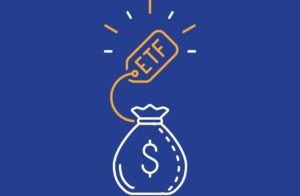 How Do Exchange Traded Funds Work?
How Do Exchange Traded Funds Work?


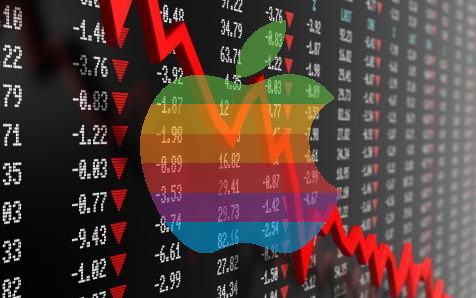


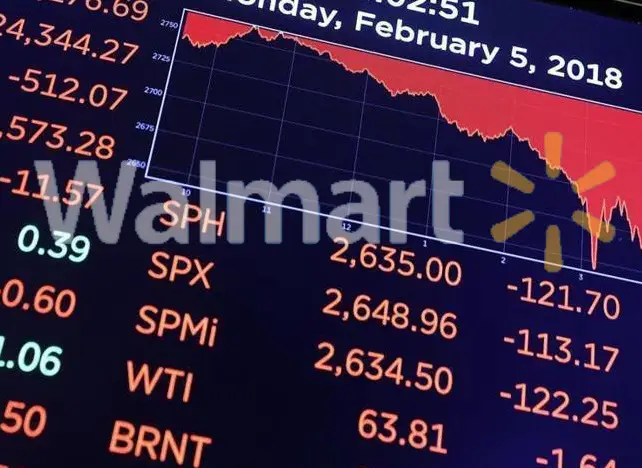
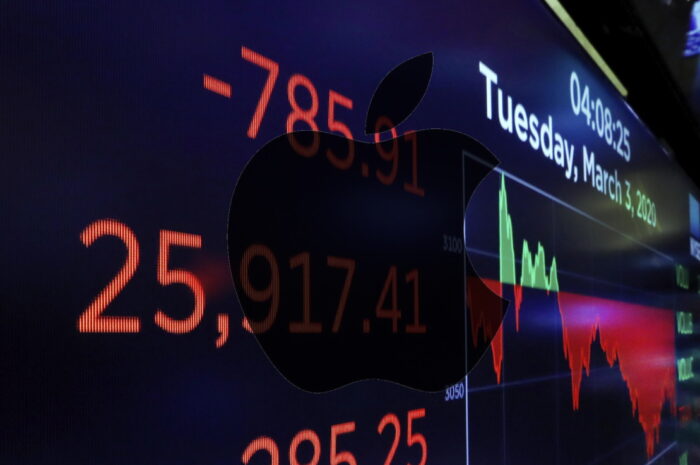
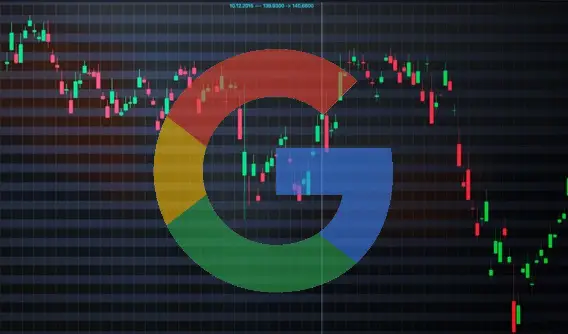
[…] Previous Venmo IPO, Why Venmo Probably Won’t IPO Anytime Soon […]